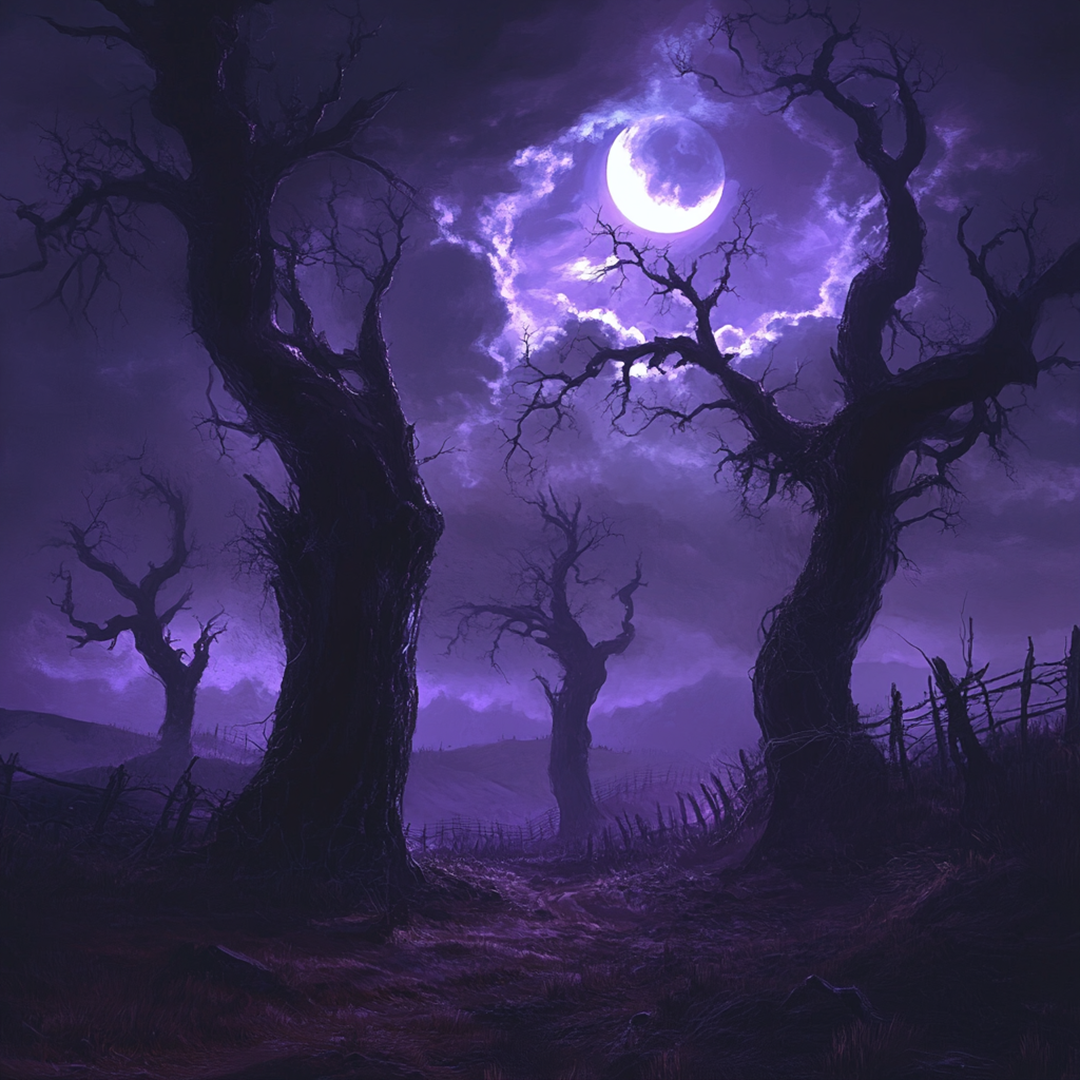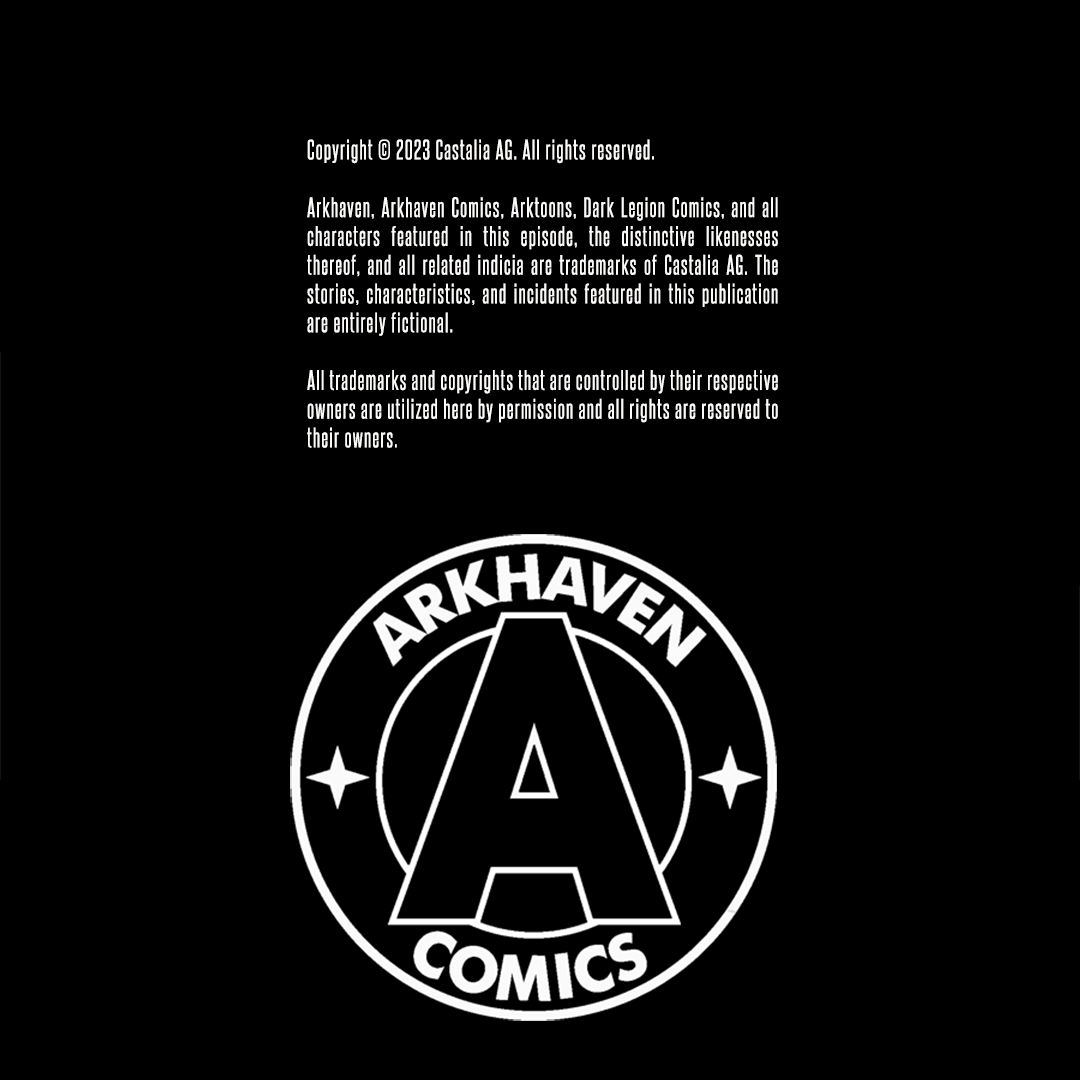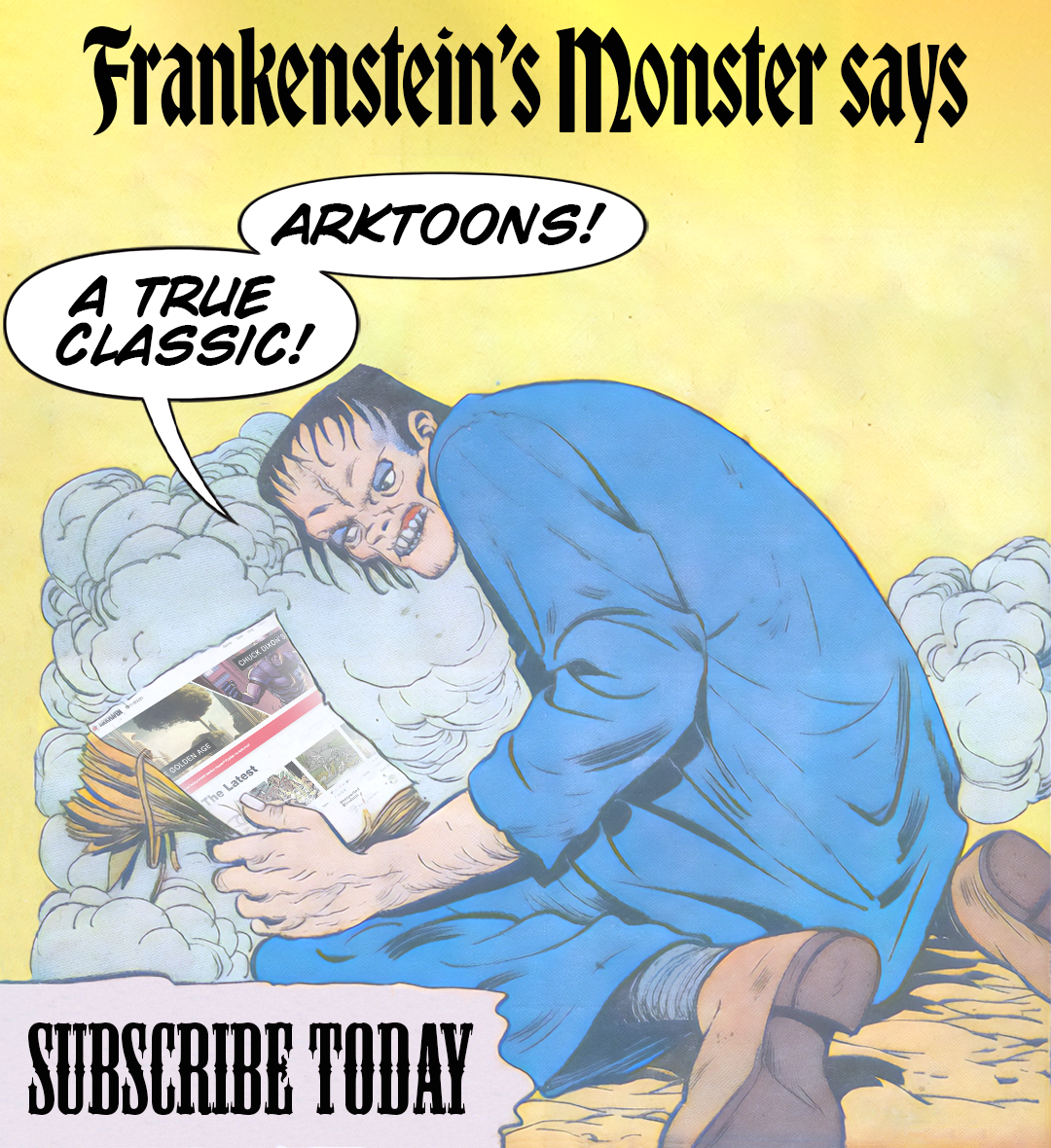
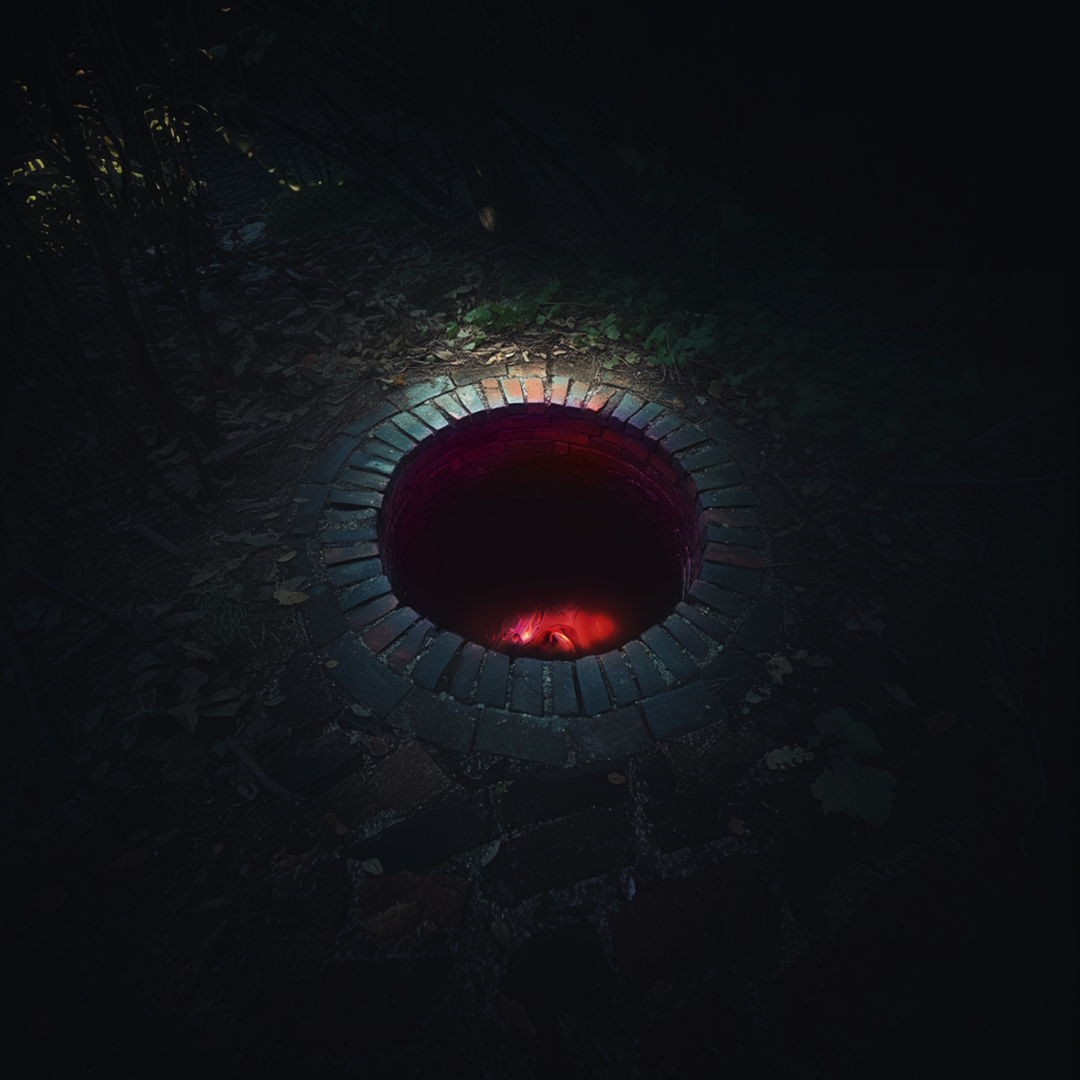
It does credit to the alertness of Ammi's mind that he puzzled even at that tense moment over a point which was essentially scientific. He could not but wonder at his gleaning of the same impression from a vapour glimpsed in the daytime, against a window opening in the morning sky, and from a nocturnal exhalation seen as a phosphorescent mist against the black and blasted landscape. It wasn't right—it was against Nature—and he thought of those terrible last words of his stricken friend, "It come from some place whar things ain't as they is here ... one o' them professors said so...."
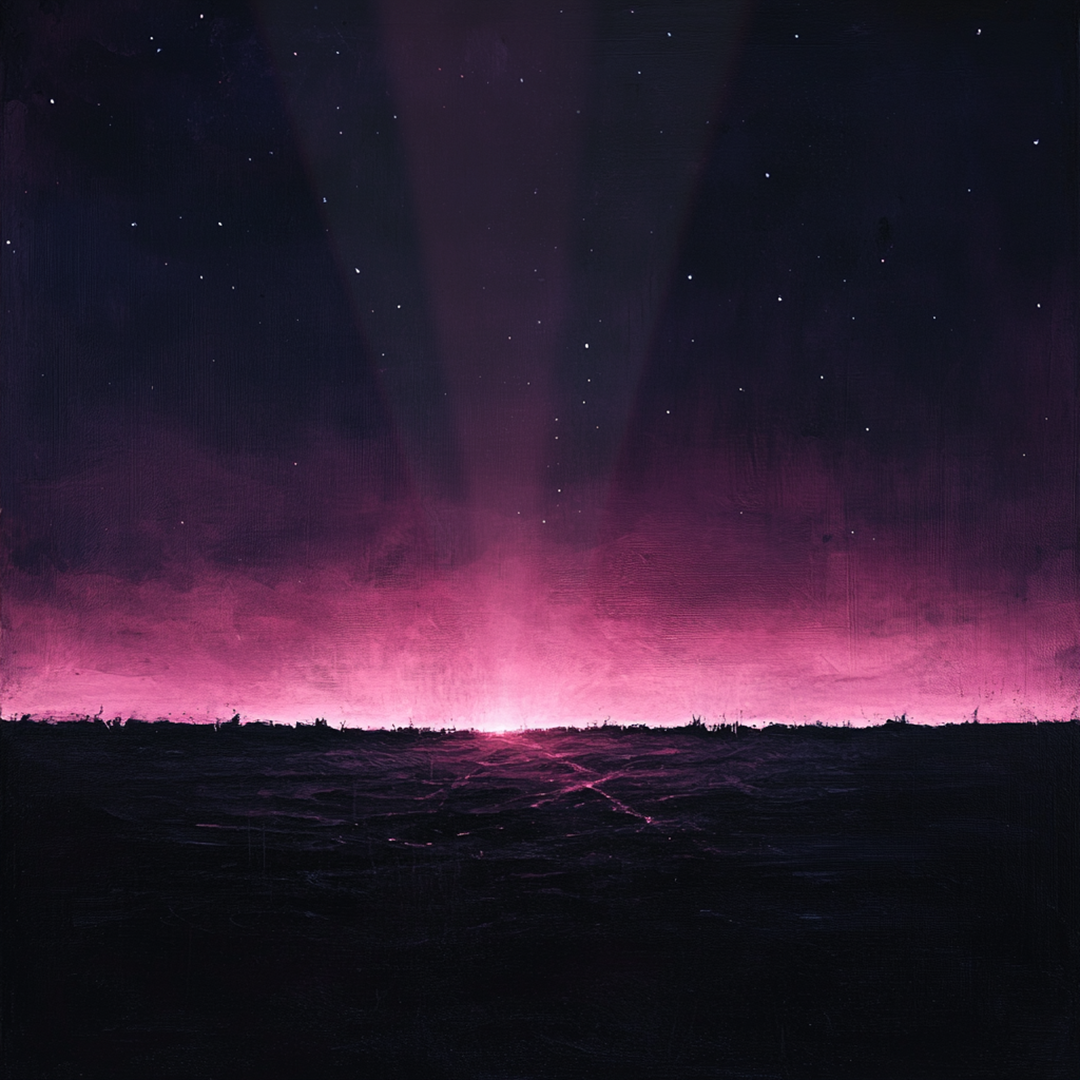
All three horses outside, tied to a pair of shrivelled saplings by the road, were now neighing and pawing frantically. The wagon driver started for the door to do something, but Ammi laid a shaky hand on his shoulder. "Dun't go out thar," he whispered. "They's more to this nor what we know. Nahum said somethin' lived in the well that sucks your life out. He said it must be some'at growed from a round ball like one we all seen in the meteor stone that fell a year ago June. Sucks an' burns, he said, an' is jest a cloud of colour like that light out thar now, that ye can hardly see an' can't tell what it is. Nahum thought it feeds on everything livin' an' gits stronger all the time. He said he seen it this last week. It must be somethin' from away off in the sky like the men from the college last year says the meteor stone was. The way it's made an' the way it works ain't like no way o' God's world. It's some'at from beyond."
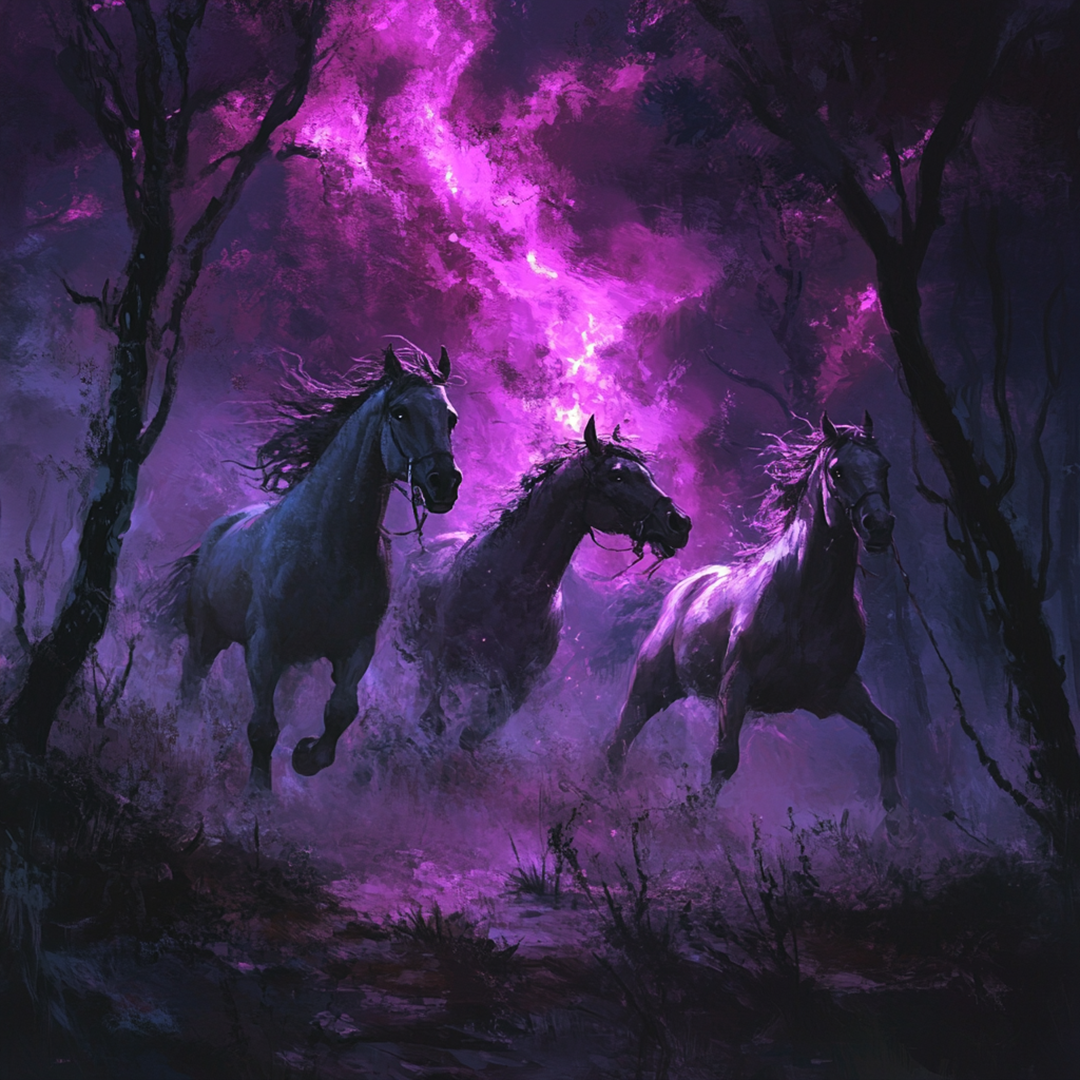
So the men paused indecisively as the light from the well grew stronger and the hitched horses pawed and whinnied in increasing frenzy. It was truly an awful moment; with terror in that ancient and accursed house itself, four monstrous sets of fragments—two from the house and two from the well—in the woodshed behind, and that shaft of unknown and unholy iridescence from the slimy depths in front. Ammi had restrained the driver on impulse, forgetting how uninjured he himself was after the clammy brushing of that coloured vapour in the attic room, but perhaps it is just as well that he acted as he did. No one will ever know what was abroad that night; and though the blasphemy from beyond had not so far hurt any human of unweakened mind, there is no telling what it might not have done at that last moment, and with its seemingly increased strength and the special signs of purpose it was soon to display beneath the half-clouded moonlit sky.
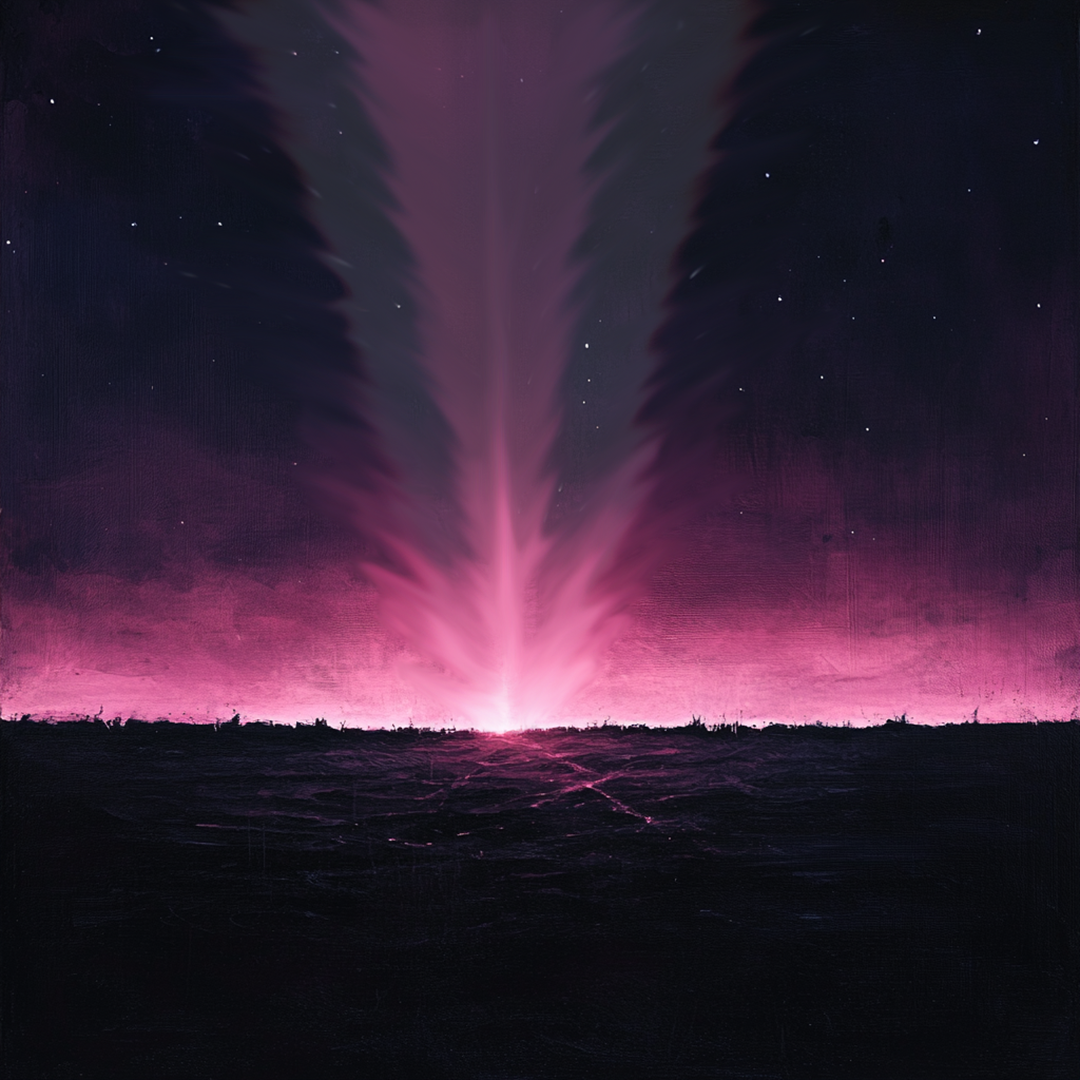
All at once one of the detectives at the window gave a short, sharp gasp. The others looked at him, and then quickly followed his own gaze upward to the point at which its idle straying had been suddenly arrested. There was no need for words. What had been disputed in country gossip was disputable no longer, and it is because of the thing which every man of that party agreed in whispering later on, that strange days are never talked about in Arkham. It is necessary to premise that there was no wind at that hour of the evening. One did arise not long afterward, but there was absolutely none then. Even the dry tips of the lingering hedge-mustard, grey and blighted, and the fringe on the roof of the standing democrat-wagon were unstirred. And yet amid that tense, godless calm the high bare boughs of all the trees in the yard were moving. They were twitching morbidly and spasmodically, clawing in convulsive and epileptic madness at the moonlit clouds; scratching impotently in the noxious air as if jerked by some allied and bodiless line of linkage with sub-terrene horrors writhing and struggling below the black roots.
